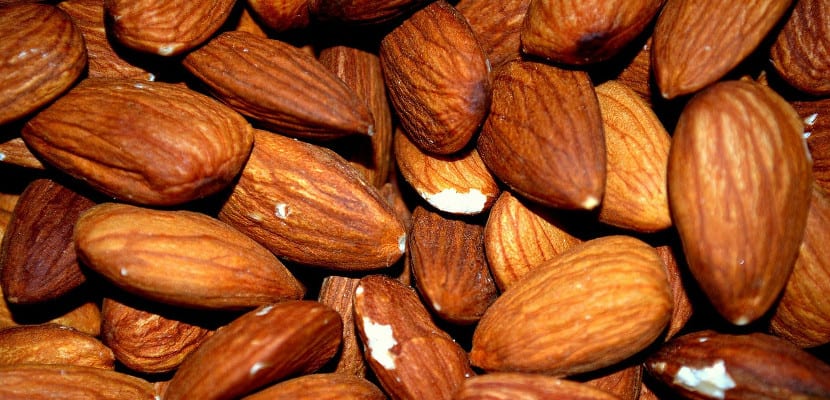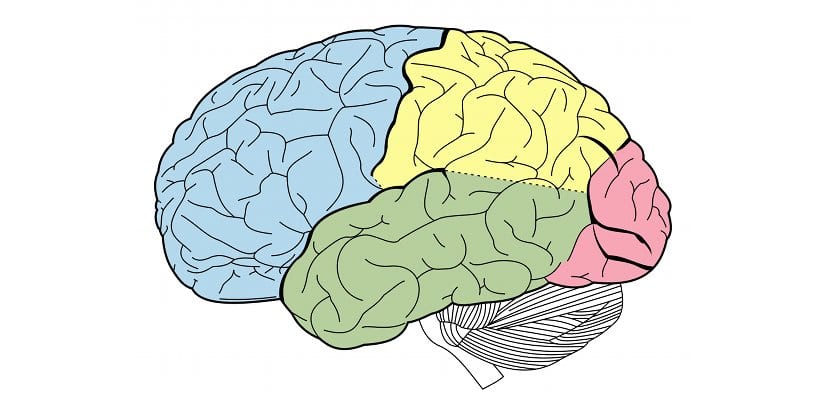
Magnesium is a mineral vital for the proper functioning of the body. This nutrient is necessary to maintain healthy bones (50 percent of the magnesium in your body is found in your bones), the immune system, the heart, muscles and nerves.
It plays a role in hundreds of processes in our body, such as controlling energy, blood sugar, and blood pressure. It also helps form DNA and is important in the digestive system, where it helps neutralize stomach acid and moves stool through the intestine.
Magnesium foods

Given that our bodies cannot produce magnesium naturallyIt is important to eat a diet rich in this mineral. A good trick to remember them is to think about the fiber. In general, foods rich in fiber are also rich in the nutrient that concerns us on this occasion. Here is a list of some foods rich in this mineral:
- Spinach
- Kale
- bean
- Banana
- Milk
- Salmon
- Mackerel
- Halibut
- Dark chocolate
- Pumpkin, flax, chia sesame and sunflower seeds
- Avocado
- Almonds
- Cashew nuts
- Brazil Nuts
- Lentils
- Chickpeas
- Green peas
- Soybean
- Tofu
- Wheat
- Oatmeal
- Buckwheat
- Quinoa
What are the symptoms of magnesium deficiency

If you eat a balanced diet, your levels of this mineral will generally be adequate, but if you tend to headaches, forgetfulness, colic, stress or chronic fatigue, a magnesium deficiency could be at the root of the problem.
You can have difficulties absorbing magnesium from food if you drink too much alcohol, have kidney problems, take certain medications, have celiac disease, or suffer from long-term digestive problems.
Symptoms of a lack of magnesium They include poor appetite, nausea (which may be accompanied by vomiting), lethargy, and fatigue. In extreme cases, you can suffer muscle spasms, tremors (movements that you cannot control) ... anxiety, severe headaches, weak bones and even damage to the heart. Also, deficiencies of other minerals, such as calcium and potassium, can develop.
However, severe magnesium deficiencies are rare. It is more likely in people with kidney disease, Crohn's disease (and other conditions that affect digestion), and parathyroid problems, as well as in alcoholics, older people, and those taking antibiotics or medications for diabetes and cancer.
Recommended daily amount of magnesium

Depending on your gender, your daily magnesium needs will be lower or higher. The recommended daily allowance for men is 400-420 mg. As for women, they need 310-320 mg, a figure that increases to 360 mg during pregnancy.
Children in their baby stage they need 30 mg up to 6 months; 75 mg between 7 months and a year; 80 mg between 1 and 3 years; 130 mg between 4 and 8 years. And 240 mg between 9 and 13 years.
In adolescence, between the ages of 14 and 18, the recommended daily allowance is 410 mg for boys and 360 mg for girls.
How to take magnesium naturally

You can get magnesium naturally through meat, coffee, dairy, green leafy vegetables, nuts, legumes, whole grains, and even water that contains a high level of minerals ("hard water" ). Since magnesium can be lost during refining and processing, it is best to eat these foods in their natural state.
As you may have seen, these are food groups with a large presence in our daily diet. For this reason, most people get enough magnesium from food, and therefore do not need supplements. Although it is safe to get high levels of magnesium naturally through food, overconsumption of magnesium supplements can be dangerous. However, your doctor may decide to prescribe them if your magnesium levels are too low.
If you want to increase your magnesium intake, but are trying to lose weight at the same time, then a low-fat source of this mineral. Legumes are the best option to add to your diet. Dairy products can also help you in this regard. Just remember to choose the ones that are low in fat.
Magnesium benefits

There are studies that have found evidence linking the consumption of foods rich in magnesium with the prevention of high blood pressure in people with prehypertension. Neuroscientists, for their part, have pointed to this mineral as a great ally of memory as one ages.
Other benefits attributed to it (although more studies are needed) are the heart disease prevention, strokes, type 2 diabetes and osteoporosis, as well as the fight against urinary incontinence, depression, insomnia, restless leg syndrome, Lyme disease, premenstrual syndrome or migraines.